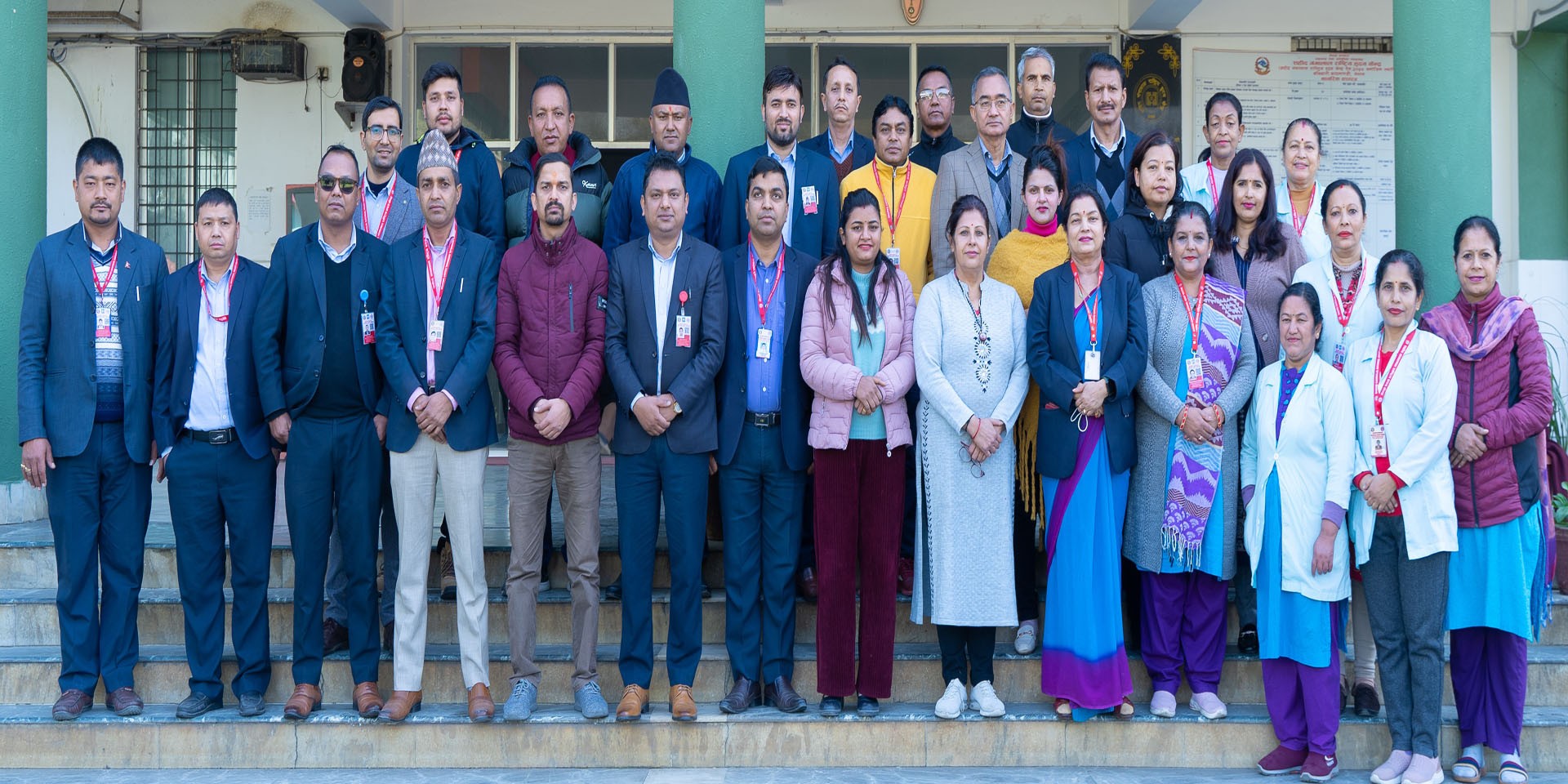OPD Hours : Sunday to Friday - 8am to 5pm
HOTLINE- 977-1-4371322, 4371374, 4370622, 4370744; EHS: 977 -1-4376349;
Corporate Package: 977 9763681131,977 9763681132, 977 9763681133
OPD Hours : Sunday to Friday - 8am to 5pm
HOTLINE- 977-1-4371322, 4371374, 4370622, 4370744; EHS: 977 -1-4376349;
Corporate Package: 977 9763681131,977 9763681132, 977 9763681133

Healthcare is a complex and rapidly changing industry, and its administration can be complicated with all of the industry’s moving parts. An administrator will need to coordinate with the people their facility employs, as well as the people it serves. Policy compliance, HR, finances, work processes, departmental strategy, and even data management are just some of the operations a hospital administrator oversees.
The responsibilities of a healthcare administrator reach beyond the walls of the facility, too. Administrators may foster partnerships with the wider population and work with both the public and private sectors on matters of policy, research, and cooperation. They may also collaborate with other administrators to share best practices and data to better serve patients, wherever they are.
At the core of all of the duties of a hospital administrator, is a keen ability to listen to constituents, shareholders, board members, patients, and community members in order to determine changes for such a large organization. Communication skills are also essential as hospital administrators must be able to convey ideas clearly to keep a hospital running smoothly.
Because hospitals are open 24/7, hospital administrators can be called on at all hours to resolve disputes or address a crisis. They must be calm under pressure and long work hours as this job can be very demanding.
Lastly, it is imperative that hospital administrators be perpetual learners and remain curious and open. Medicine is a constantly evolving field and there are frequent updates to care procedures of best practices. It is the responsibility of hospital administrators to stay abreast of these changes and adjust policies as necessary.
P. Box No: 11360, Bansbari, Kathmandu, Nepal.